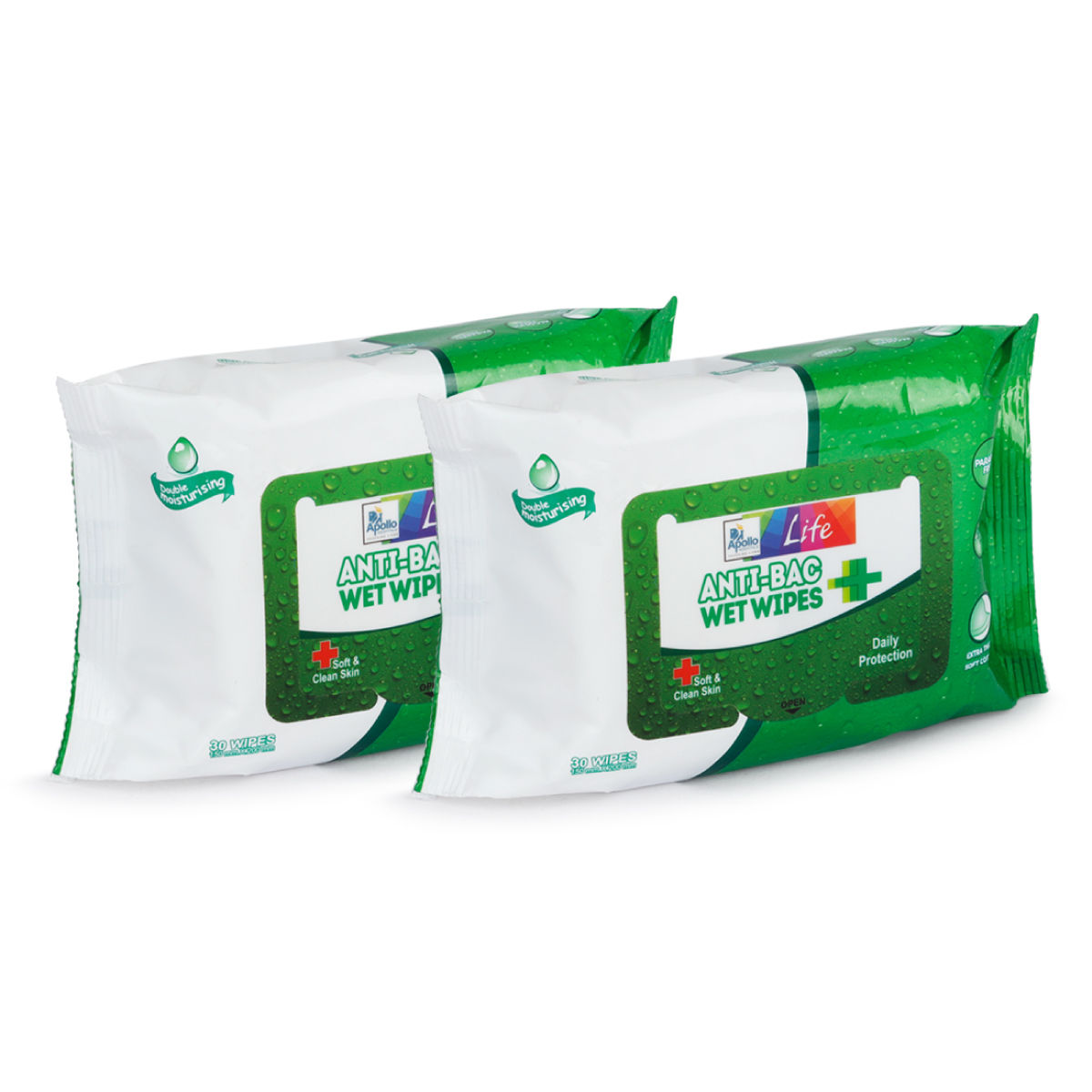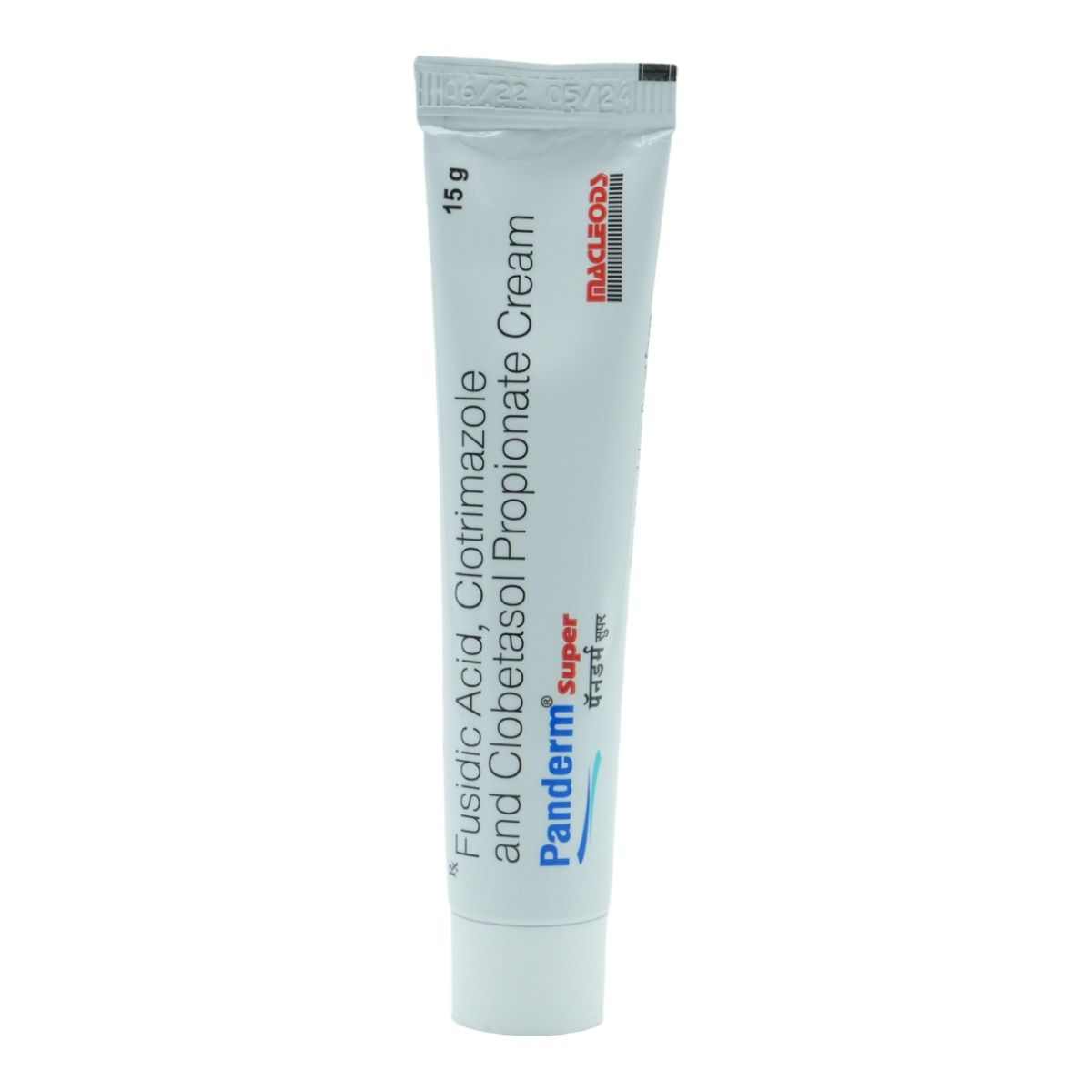Trikorium Cream 10 gm
₹89.6*
MRP ₹99.5
10% off
₹84.57*
MRP ₹99.5
15% CB
₹14.93 cashback(15%)
Free Delivery
With Circle membership
(Inclusive of all Taxes)
This offer price is valid on orders above ₹800. Apply coupon PHARMA10/PHARMA18 (excluding restricted items)
Know Your Delivery Time
Provide Delivery Location

Whats That

Secure Payment

India's Most Trusted Pharmacy

Genuine Products
Manufacturer/Marketer :
Consume Type :
Return Policy :
Expires on or after :
About Trikorium Cream
Trikorium Cream belongs to the class of ‘Topical steroid with antifungal and antibacterial agents’, primarily used to treat skin infections, such as eczema (inflamed, itchy, cracked and rough skin patches), dermatitis (inflammation of the skin), psoriasis (skin cells multiply rapidly to form bumpy (uneven) red patches covered with white scales), ringworm, athlete's foot, jock itch, lichen planus (inflammation of the skin and mucous membranes) and tinea versicolor (discoloured patches on the skin). Skin infection occurs when a foreign microbe like fungus or bacteria invades and affects the skin's tissue.
Trikorium Cream consists of three medicines, namely: Clobetasol (corticosteroid), Clotrimazole (antifungal) and Fusidic acid (antibacterial). Clobetasol is a highly potent ‘corticosteroid’ with anti-inflammatory, antipruritic (relieves itching) and vasoconstrictive (narrows blood vessels) properties. It blocks the production of chemical mediators of inflammation (such as kinins, histamine, liposomal enzymes, and prostaglandins) that make the skin red, swollen and itchy. Clotrimazole is an ‘antifungal’ medication. It stops the growth of fungi by causing damage and leakage to the fungal cell membrane. On the other hand, Fusidic acid is an ‘antibacterial’ medication that prevents the synthesis of essential proteins required by bacteria to carry out vital functions.
Trikorium Cream is for external use only. Use this medication on the skin only as advised by the doctor. Common side effects of Trikorium Cream are burning, irritation, itching, redness and thinning of skin at the application site. These side effects do not require medical attention and gradually resolve over time. If these side effects persist longer, please consult your doctor.
Avoid contact with your eyes, nose or mouth while using Trikorium Cream. Rinse it off with water thoroughly if you get the medicine in these areas. Brief your medical history to the doctor if you are allergic to Trikorium Cream or any of its components. Therapy with topical corticosteroids like Clobetasol should be administered cautiously in patients with bacterial, fungal, viral and protozoa infections. Let your doctor know if you have any medical history of liver, kidney diseases, glaucoma, cataract, poor blood circulation, immune system problems, diabetes and adrenal gland diseases. Please consult your doctor if you are a pregnant or breastfeeding woman before using Trikorium Cream.
Uses of Trikorium Cream
Medicinal Benefits
Trikorium Cream treats various skin infections and is a combination of three medicines: Clobetasol, Clotrimazole, and Fusidic acid. Clobetasol is a corticosteroid with anti-inflammatory, antipruritic and vasoconstrictive properties. It blocks the production of chemical mediators of inflammation that make the skin red, swollen and itchy. It works by relieving inflammation and itching caused by plaque psoriasis and other skin conditions. Clotrimazole is an antifungal medication that stops fungi's growth by causing damage and leakage to the fungal cell membrane. Fusidic acid is an antibacterial/antibiotic that prevents the synthesis of essential proteins required by bacteria to carry out vital functions. It is used to treat infections like dermatitis, spots, cuts, grazes, impetigo (weeping, crusty and swollen patch of skin) and folliculitis (inflammation of one or more hair follicles).
Side Effects of Trikorium Cream
- Burning
- Irritation
- Itching
- Redness
- Thinning of skin
Directions for Use
Storage
Drug Warnings
Brief your medical history to doctor, if you are allergic to Trikorium Cream or any of its components. Therapy with topical corticosteroids like Clobetasol should be administered cautiously in patients with bacterial, fungal, viral and protozoa infections. Let your doctor know if you have any history of liver, kidney diseases, glaucoma, cataract, poor blood circulation, immune system problems, diabetes and adrenal gland diseases. Trikorium Cream is not recommended for diaper rash. If you are pregnant or breastfeeding, you should use Trikorium Cream with proper doctor consultation and caution. Do not use Trikorium Cream on the face and avoid contact with eyes, nose and throat. Rinse it off with water thoroughly if you get the cream/ointment in these areas. Do not put a bandage or a dressing on the affected area while using Trikorium Cream unless advised by the doctor. Always wash hands before and after application of Trikorium Cream. Do not store Trikorium Cream above 25°C.
Therapeutic Class
Drug-Drug Interactions
Drug-Food Interactions
Diet & Lifestyle Advise
- Use mild soap while taking baths and prefer warm baths.
- Avoid harsh products on your skin.
- Do not scratch or pick your skin to avoid getting the affected area infected.
- Manage stress, eat healthily, drink plenty of water, exercise regularly and get plenty of sleep.
Habit Forming
How Trikorium Cream Works
What if I have taken an overdose of Trikorium Cream
Alcohol
Safe if prescribed
No interaction found of Trikorium Cream with alcohol.
Pregnancy
Caution
Please consult your doctor if you are planning to become pregnant or already pregnant before starting Trikorium Cream.
Breast Feeding
Caution
It is not known if Trikorium Cream passes into the breast milk. Please consult your doctor before taking Trikorium Cream if you are breastfeeding. If you need to apply the cream or ointment on your breasts, don't do this shortly before giving a feed.
Driving
Safe if prescribed
There have been no studies to investigate the effect of Trikorium Cream on driving performance or the ability to operate machinery.
Liver
Caution
Let your doctor know if you have any history of liver diseases or hepatic impairment. Your doctor will weigh the benefits and potential risks before prescribing Trikorium Cream.
Kidney
Caution
Let your doctor know if you have any history of kidney diseases before taking Trikorium Cream. Your doctor will weigh the benefits and potential risks before prescribing Trikorium Cream.
Children
Caution
Trikorium Cream is not recommended for children less than two years of age.
Country of origin
Manufacturer/Marketer address
Author Details
We provide you with authentic, trustworthy and relevant information
FAQs
Disclaimer
Customers Also Bought
Product Substitutes













